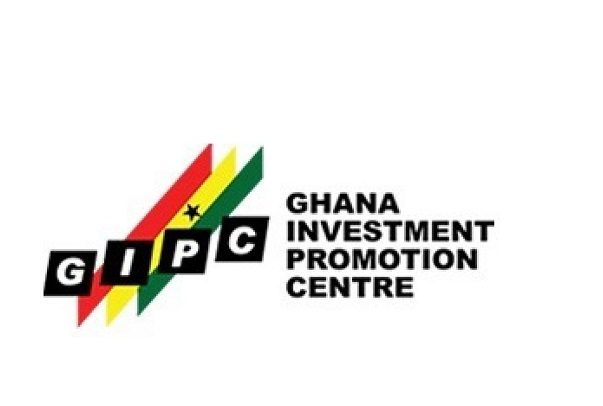The Ghana Investment Promotion Centre (GIPC) has launched the second edition of ‘Taste of Ghana’ festival to celebrate Ghana’s unique culture.
This edition, dubbed, ‘Taste of Ghana 2.0’, will be held on December 27, at the forecourt of the State House under the theme, “Our Language. Our Identity. Our Pride.”
It is expected to feature various indigenous cultural elements (music, poetry, theatrical performances, food, clothing, etc.), with an emphasis on the use of Ghanaian languages to create a memorable experience for patrons.
Chief Operating Officer (COO) of the GIPC, Nana Dufie Addo speaking at the launch of the festival said the initiative demonstrates the centre’s determination to continue engaging the diaspora community, as vital contributors to the development of the nation.
She added, “Beyond the entertainment and rich cultural experience, we can take advantage of the ‘Taste of Ghana’ to continuously promote tourism in Ghana and provide business opportunities for locals and foreigners seeking to invest in the country.”
Minister of Information, Kojo Oppong Nkrumah, said the event creates the platform to “showcase at the same place, the opportunities across the 16 regions of Ghana” and further advance the country’s trade and tourism prospects.
He asserted that ‘Taste of Ghana 2.0’ would encompass inputs from all the 16 regions in Ghana, with the aim of ensuring a fair representation of the unique and heterogeneous cultures across the country.
Deputy Minister of Tourism, Arts, and Culture, Mark Okraku Mantey, said the festival would be a tool to foster economic ties, to ensure optimal benefit from the influx of global diaspora during the festive season.
Director of Project Development and Investment, at the Ghana Tourism Authority (GTA), Ben Nsiah, lauded the initiative saying it is a good avenue to use the country’s culture to upscale tourism and investment.
While the event’s goal is to highlight the distinct and authentic traditional richness of made-in-Ghana products and display the country’s rich cultural heritage, it will also provide business and investment opportunities for Ghanaians, its diaspora, and people from all walks of life in an informal setting.
By Jamila Akweley Okertchiri


